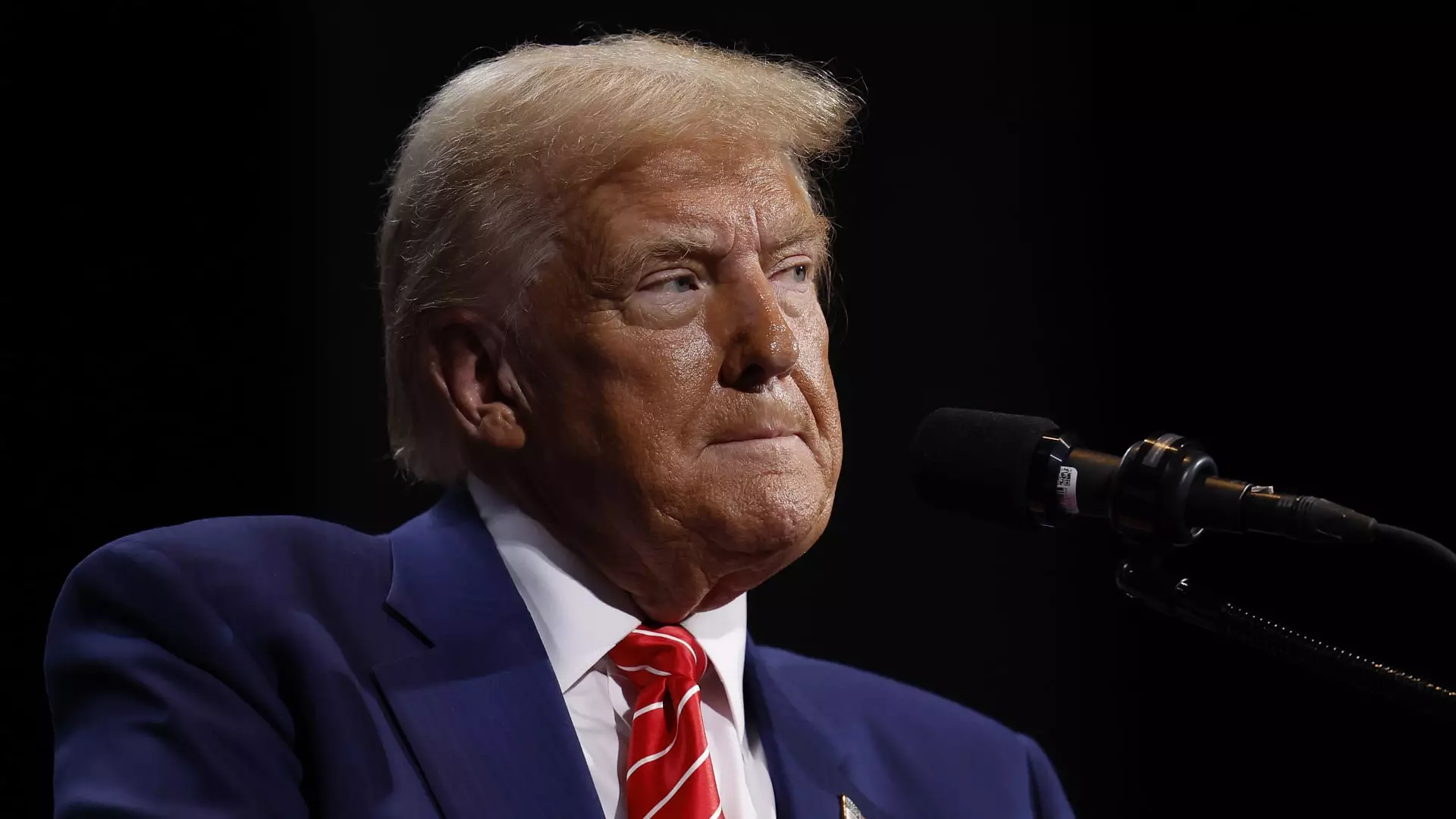The harrowing case of the Central Park Five stands as a glaring example of miscarriage of justice, racism, and the dire consequences of public opinion clouded by sensational media narratives. In 1989, five teenagers—Yusef Salaam, Raymond Santana, Kevin Richardson, Antron McCray, and Korey Wise—were wrongfully convicted for the rape of a jogger in Central Park. The unfortunate circumstances surrounding their convictions were exacerbated by a climate of fear and prejudice in New York City at the time. It wasn’t merely their wrongful incarceration that ruined their lives; the overarching media hysteria, heavily influenced by public figures such as Donald Trump, further entrenched their vilification in the public eye.
These young men were already victims of a legal system rife with flaws. With little evidence connecting them to the crime, they were coerced into confessions, often made under duress. Their story doesn’t just end with wrongful convictions; it continues into a present fraught with ongoing defamation and public misunderstanding. This raises crucial questions about how narratives are constructed in the public sphere and the lasting ramifications of those narratives on individuals’ lives.
In a significant step towards reclaiming their narrative, the Exonerated Five recently filed a lawsuit against Donald Trump, charging him with defamation, false light, and intentional infliction of emotional distress. The lawsuit centers on Trump’s statements made during a debate with Democratic nominee Kamala Harris, where he falsely asserted that the men had “killed” someone and “pled guilty” to the crime for which they were wrongfully imprisoned. Such reckless declarations seek to perpetuate myths surrounding their case, potentially influencing public opinion during a fraught electoral period.
The lawsuit asserts that these statements are not merely erroneous but represent a larger pattern of behavior by Trump that aligns with a long history of inciting racial division and marginalization. The Exonerated Five, now prominent figures advocating for reforms in the criminal justice system, are right to reclaim their dignity from the shadows of past injustices.
While the specifics of the lawsuit request damages exceeding $75,000, its significance transcends monetary compensation; it’s about setting the record straight and ensuring that truth prevails against persistent narratives of falsehoods.
Trump’s actions regarding the Central Park Five have a notable backdrop dating back to 1989, when he infamously took out full-page ads calling for the return of the death penalty in New York City, explicitly voicing support for punishing the five teenagers without a fair trial. Even after their exoneration in 2002 based on DNA evidence that pointed to another perpetrator, Trump has previously referred to the settlement reached by the Exonerated Five with New York City as a “disgrace.”
This fits into a larger narrative of Trump’s controversial engagement with various social issues—one often characterized by the use of language that fuels division and misunderstanding. His remarks during the September debate highlighted a broader trend of undermining the integrity of actual victims while elevating misinformation. This not only perpetuates falsehoods but also endangers the semblance of justice for those wrongfully accused.
The case of the Exonerated Five speaks to the need for an ethical consideration of how individuals are portrayed in the media. It illustrates how notorious wrongful convictions can become entwined with public figures who seek to further their own narratives or agendas. The Exonerated Five were reduced to mere symbols in the political machinations of the time—a representation of racial bias rather than individuals deserved of justice and rehabilitation.
As public awareness of wrongful convictions and systemic injustice grows, the role of media in shaping perceptions cannot be understated. The lawsuit against Trump taps into a deeper societal obligation: the need for accountability not just for wrongful convictions but also for the narratives that propagate damaging stereotypes, often fueled by influential figures in society.
In their pursuit of justice, the Exonerated Five challenge a legacy of defamation and injustice that is not only personal but societal. By holding Trump accountable for his statements, they illuminate a critical issue at the intersection of politics, media, and systemic racism. As this case progresses, it may not only serve as a form of redress for the plaintiffs but also as a warning that the truth must be fought for—especially in a world where misinformation can have profound consequences. The Exonerated Five’s ongoing battle is emblematic of a broader fight against injustice, one that demands recognition, respect, and reform in how society approaches truth and accountability.



Leave a Reply